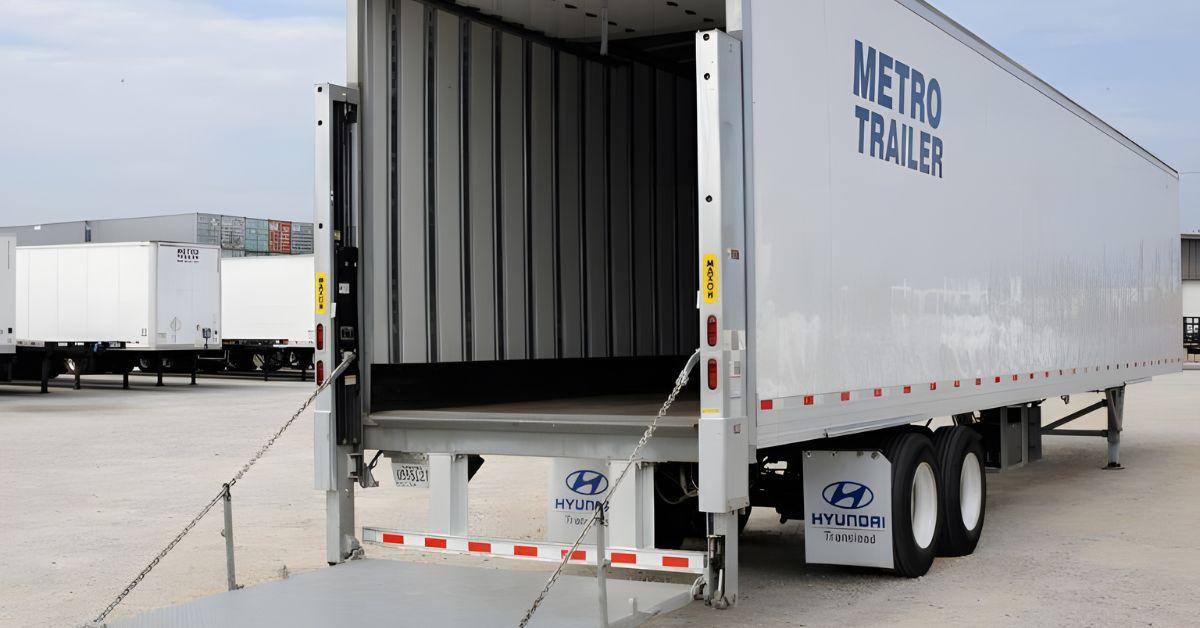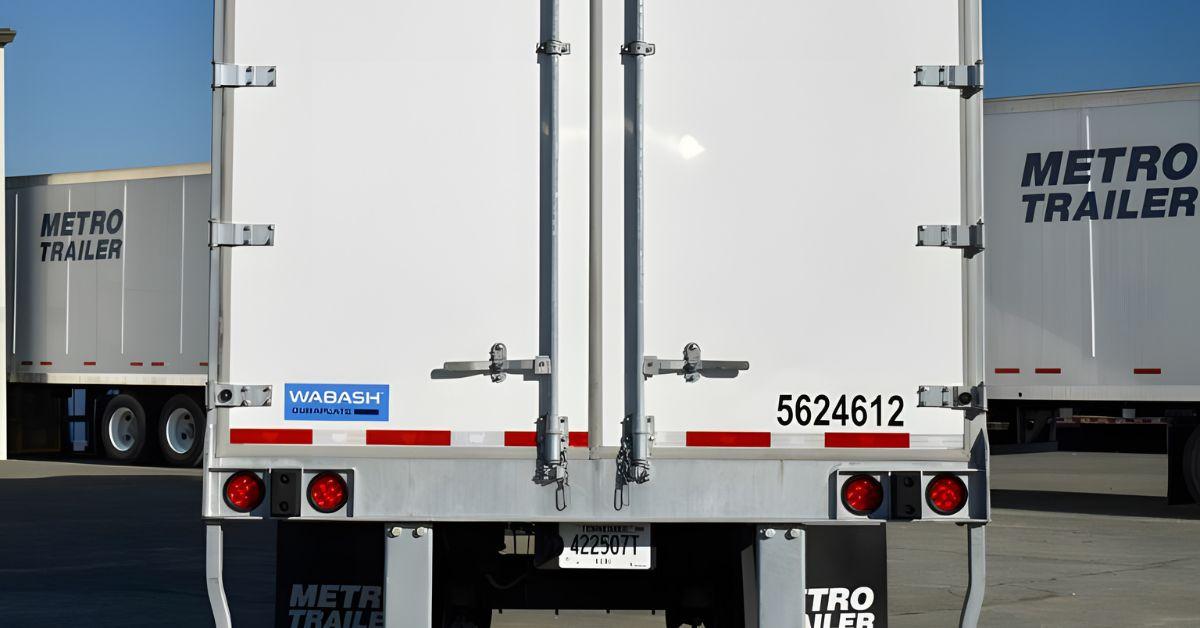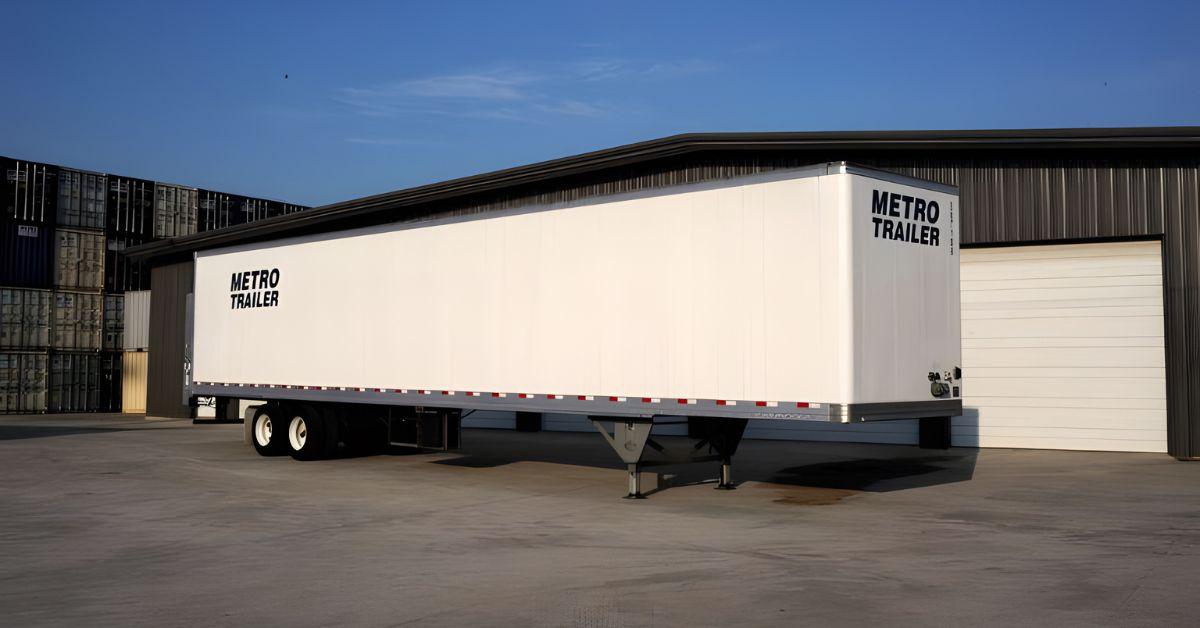
What You Should Know Before Renting a Semi Trailer
Renting a semi trailer isn’t just about picking one off the lot and hitting the road. It’s about making choices that match your needs, your load, and your budget. Maybe you’re hauling heavy machinery, transporting fragile goods, or tackling a big move—each scenario calls for the right kind of trailer. And with so many options out there, it’s easy to feel a little overwhelmed.
Think of the whole process like piecing together a puzzle. You’ve got to figure out how much space you’ll need, how far you’ll be traveling, and even what legal requirements might come into play. On top of that, rental contracts can hide fees and fine print that could throw a wrench in your plans if you’re not careful. It’s no wonder a lot of people aren’t sure where to start!
That’s where this handy post comes in. Here, we’ll break down everything you need to know—helping you choose the right semi trailer, spot any hidden costs, and walk away feeling confident in your choice. Whether you’re new to renting or simply need a refresher, this guide is your go-to for practical tips and good advice. By the end, you’ll know exactly what to look for.
Understand Your Hauling Needs
The type of load you’ll be hauling matters—heavy machinery, construction equipment, perishables, or fragile goods all require different setups. For example, refrigerated (reefer) trailers are essential if you’re transporting food, while a flatbed may be perfect for oversized or oddly shaped items like pipes or timber.
Think about how much space is necessary, the total weight of your cargo, and what kind of trailer suits the material being moved. It’s also smart to consider special conditions, like temperature sensitivity or the need for tarps and straps. Taking the time to assess these details helps you choose a trailer that’s suited perfectly to your job.
Know the Different Types of Semi Trailers
Semi trailers come in a variety of types, and not all are interchangeable.
- Flatbeds are great for heavy, oversized items that don’t need extra protection
- Enclosed trailers work well for safeguarding standard-sized cargo
- Lowboy trailers are designed for hauling extremely heavy equipment
- Refrigerated trailers, also known as reefers, keep temperature-sensitive items fresh
Specialized options, like drop decks and tank trailers, also serve unique functions. Each type has its strengths, but the wrong choice might complicate things during loading, transit, or unloading. Do your homework and compare trailer types to match them with your needs.

Inspect Before You Rent
Checking the condition of the trailer is a non-negotiable step before signing any dry van trailer rental agreement. Watch out for visible issues like rust, dents, or damaged doors, as they could indicate underlying problems. Pay close attention to the tires, brakes, and lights, as they play a key role in safety and compliance.
Look for signs of proper maintenance, like current inspection stickers or clean, lubricated parts, to avoid breakdowns on the road. Ask questions about the trailer’s history, including prior repairs or accidents. Taking the time for an inspection helps you spot potential issues early and avoid blame for damage you didn’t cause.
Consider the Costs Beyond the Rental Fee
The price you see advertised is rarely the full amount you’ll pay. Rentals often come with additional expenses that can add up quickly. For example, mileage fees may apply if you exceed a pre-set limit, while late drop-offs could result in penalties. You might also need to budget for insurance, permits, or trailer maintenance during the rental period.
Fuel costs should factor into your calculations, especially if the trailer has refrigeration or other requirements that consume extra energy. It’s also worth asking about deposit policies and how much of it is refundable.
Understand Legal Requirements
Renting a semi trailer involves more than simply picking one up and driving off. There are legal factors to consider, such as weight restrictions and permits, that vary depending on where you plan to drive. Overloading a trailer could result in fines or accidents, while skipping permits might halt your trip altogether.
CDL (Commercial Driver’s License) requirements should also be on your radar if you’re handling the trailer personally. For long-distance hauls, interstate regulations may influence aspects like route planning or rest stops. Familiarize yourself with these rules before renting. Even consulting your rental company or local Department of Transportation office can clarify what’s needed for your specific trip.
Pay Attention to the Rental Agreement
Contracts can feel overwhelming at first glance, but reading them carefully prevents surprises later. Check for terms regarding deposit refunds, damage liability, mileage restrictions, and cancellation policies. Some agreements might include fees for cleaning the trailer before returning it or penalize early returns.
Look for any fine print about specific road or usage conditions, like unpaved paths or rough weather. It’s better to ask your rental company for clarification upfront than to deal with unexpected fees afterward. A thorough review of the rental agreement helps you stay informed and makes the process straightforward.

Plan Ahead for Loading and Unloading
Efficiently loading and unloading your semi trailer saves time and minimizes risk. Make sure the rental company provides any tools or equipment you’ll need, such as ramps, straps, or lifts. It’s also important to choose a suitable location for loading—flat, clear areas make the process faster and safer.
Think about how your cargo will be secured during transit to prevent it from shifting or getting damaged. Understanding the load limits of the trailer ensures you stay within safe weight parameters.
Ask About Support During Your Rental Period
Breakdowns or logistical hiccups might happen during your rental period, so it’s good to know what kind of support your rental company offers. Some companies provide 24/7 roadside assistance, while others may offer replacement vehicles in case of emergencies.
Ask about their policy for repairs—are you responsible for fixing flat tires or other minor issues? Keep their contact information handy, and clarify who to call if something goes wrong. Support options can make a big difference in how smoothly your trip goes, so don’t overlook this aspect of renting.
Final Thoughts…
Semi trailers open you up to a lot of possibilities, whether it’s tackling a big project, transporting vital goods, or expanding your business operations. But beyond the logistics and planning, it’s really about setting yourself up for success. Think of the process as more than just picking out equipment; it’s an opportunity to get smarter about how you approach hauling.
Take a moment to reflect on what’s most important to you in this process. Is it staying within budget? Finding the perfect size and type of trailer? Or simply understanding what to expect? Whatever your priority, remember that asking questions and getting hands-on with the details you should know puts you in control. Renting a semi trailer doesn’t have to feel intimidating—it’s just another step toward getting the job done right.